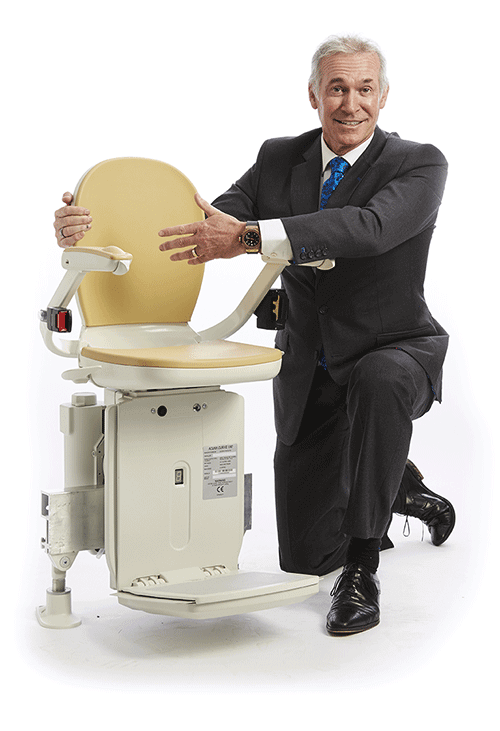When you said your vows, you promised to love and care for each other in sickness and in health. But as the years pass and life brings unexpected changes, that promise can start to look a little different.
Suddenly, you're not just a partner. You're a caregiver too.
Becoming a caregiver for your spouse is one of the most loving and selfless things you can do—but it’s also one of the hardest. It’s physically demanding, emotionally exhausting, and all-consuming at times. It’s okay to feel overwhelmed, and it’s okay to need support too.
Here’s how to care for your partner with compassion—without losing yourself in the process.
Caring for Your Spouse Without Losing Yourself—7 Loving and Lifesaving Tips
1. Let love guide you, not guilt.
You’re caring for your partner because you love them—not because you owe them. Caregiver guilt can creep in when you feel like you're not doing enough or when you simply need a break. But remember: taking time for yourself isn’t selfish. It’s an act of love, too.
2. Accept that things have changed.
Life may not look the way it used to, and that’s hard. It’s okay to grieve the routines or activities you once shared. But accepting your new reality can help shift your mindset and allow you to focus on what you can still enjoy together now.
3. Ask for help (and take it when it’s offered).
You don’t have to do this alone. Whether it’s from family, friends, support groups, or professional caregivers, reach out and lean on others. Accepting help doesn’t mean you’ve failed. It means you’re human.
4. Take care of yourself, too.
Your health matters just as much as your partner’s. Eat well. Move your body. Get enough sleep. Make time for the things you enjoy. Your needs don’t stop because your spouse’s have increased. In fact, caring for yourself helps you care for them better.
5. Don’t lose your identity.
You’re still a spouse, a friend, a parent, a neighbour—a person with thoughts, hobbies, and dreams. Caregiving is something you do. It’s not all you are. Keep nurturing the parts of you that make you feel like yourself.
6. Make space for joy and intimacy.
It’s easy for your relationship to start feeling clinical—focused on routines, medications, or physical assistance. But you’re still partners. Whether it’s a quiet moment together, a shared laugh, or simply holding hands, find ways to reconnect beyond the caregiving role.
7. Look into home mobility solutions.
Adapting your home to suit your partner’s changing needs can ease the pressure on both of you. Installing home mobility aids like an Acorn stairlift helps your spouse move safely and confidently through your home—and gives you both more peace of mind and freedom.
Supporting Your Spouse, Honouring Yourself
Becoming a caregiver to your partner isn’t a journey anyone plans for—but it’s one filled with deep love, quiet strength, and real resilience. While you’re showing up every day for the person you love, remember: you’re allowed to show up for yourself too.
You are allowed to rest. You are allowed to ask for help. You are allowed to still be you.
Caring for Your Loved One at Home with Acorn Stairlifts
At Acorn Stairlifts Australia, we’re here to support you and your loved ones at every stage of life. Our custom-fit stairlifts are installed quickly, require no structural changes, and are built to help you move about your home safely and comfortably.
Ready to take the next step? Click here to contact us today and find out how an Acorn stairlift can support you and your partner—together.

